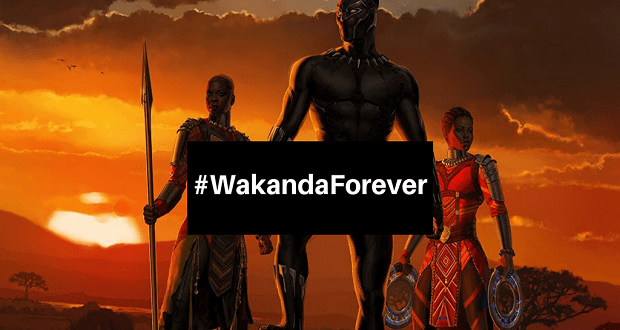
Last month, as part of the NCAA’s 2019 Diversity and Inclusion Social Media Campaign, the University of Missouri’s (Mizzou) Athletic Department tweeted pictures celebrating the diversity of their student athletes and staff. The intent behind the campaign was to showcase personal information about the students and why they are “more than a student athlete.” The problem with the post was the very different messaging chosen for Black athletes versus white athletes.
The white athletes were characterized by career ambitions with statements such as “I am a future doctor,” and “I am a future corporate financier.” In stark contrast, the Black athletes’ statements were more identity-focused like “I am an African American woman,” “I am a brother,” and “I value equality.” For those of us who do this work, the biased messaging was glaringly obvious upon first glance at the photos. It makes us wonder: who is at the table making these decisions? How is this not painstakingly obvious to everyone? Clearly, we still have much work to do in the diversity and inclusion space.
It makes us wonder: who is at the table making these decisions? How is this not painstakingly obvious to everyone? Click To TweetThe University has since issued an apology and explained that the quotes were taken from a longer video message made by athletes. “Earlier we made a mistake when we posted a graphic about our student athletes,” the tweeted statement read. “We apologize. Our intent was to provide personal information about our students, but we failed. We listened and removed the post. This video better represents our intent to celebrate our diversity.”
In the video, sprinter Caulin Graves’ full statement was, “I am a brother, uncle and best of all, I am a leader,” and track athlete Arielle Mack, said, “I am an African-American woman, a sister, a daughter, and a future physical therapist.” For some reason, only the first part of their statements were selected for the original ad campaign.
This is a classic example of the business case for diversity and inclusion. I am not aware of the demographic makeup of the social media team and others who approved the final campaign. However, based on the outcome, I assume it was not vetted by a racially and ethnically diverse nor culturally competent group. Had this campaign been reviewed by a racially diverse group, I believe someone would have been more likely to call out that white athletes were depicted as career-driven, while all the Black athletes were not seen beyond their identities.
To be clear, I am not indicating there is anything wrong with showcasing one’s identity. At The Winters Group, we do a powerful “I Am” exercise in our learning experiences where we ask participants to share important aspects of their identity that influence how they experience the world, the workplace, and their communities. The issue at hand is the apparent bias that went into selecting the statements for white versus Black athletes.
I appreciate that Mizzou listened to the outcries, removed the tweet, and issued an apology. However, hopefully it will not end there, and they will use this as a learning moment to better understand the impact behind their well-intentioned campaign and do the work for it not to happen again.


















